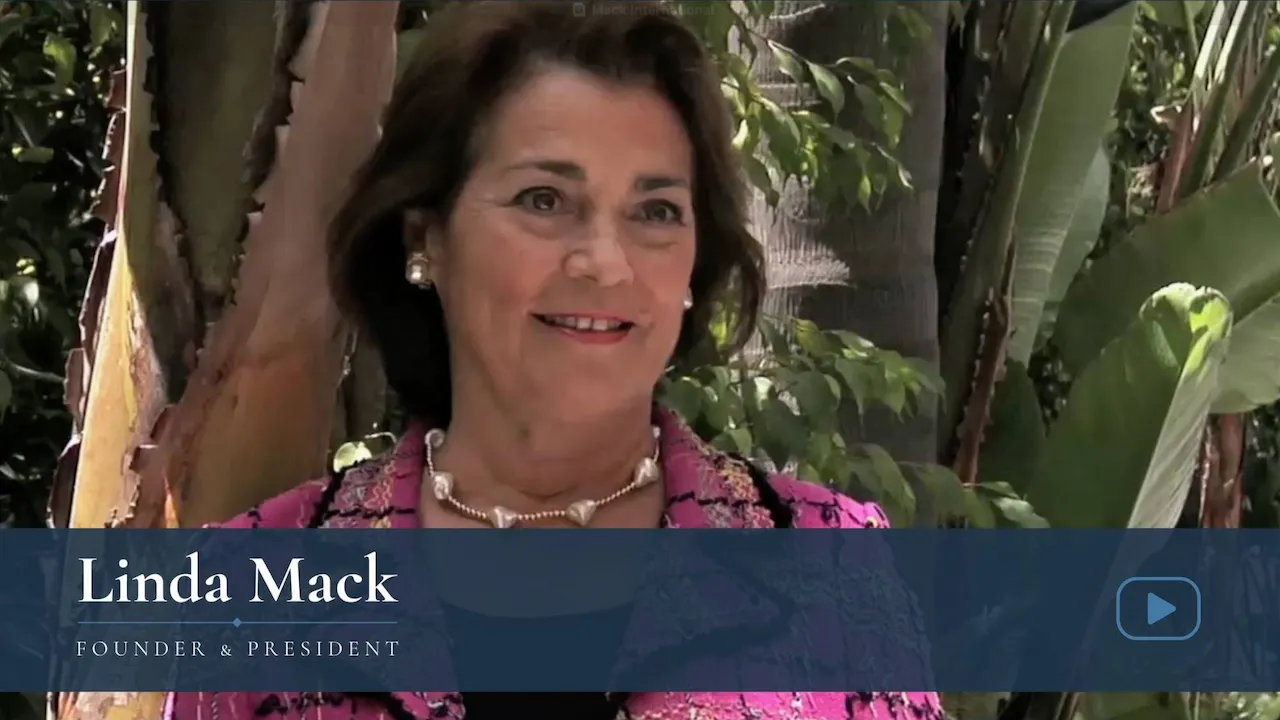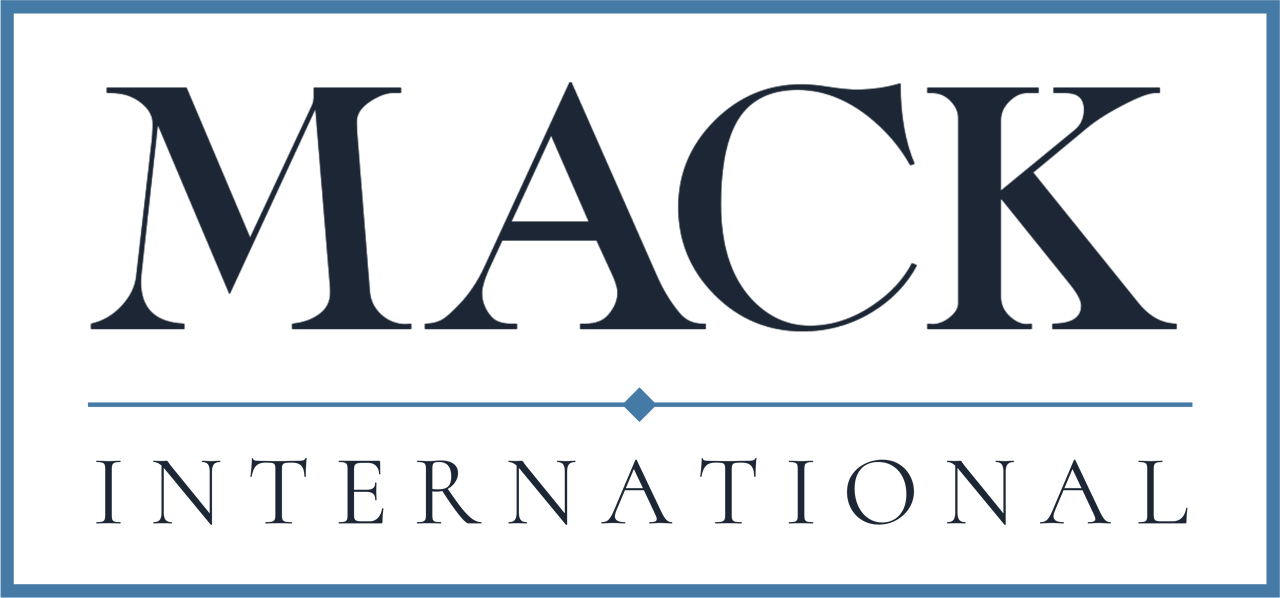Family Office Executive Search and Governance

The governance mechanisms that help multigenerational families source and retain the best talent
July 14, 2025 —
Family governance has always been important, but in today’s increasingly complex geopolitical, investment, and regulatory landscape, it is critical. Today’s stewards of generational wealth are contending with shifting demographics, increasingly dispersed family members, and varying perspectives on asset allocation and portfolio construction. Navigating these waters successfully requires a robust governance structure and exceptional people to steer it.
In fact, according to an Ocorian survey of over 300 family office professionals, 86% ranked having the right governance structure as their biggest challenge today, and through our consultative work with families, we see the same questions being asked time and time again.
Should governance mechanisms be led by family members or external professionals? How should members be elected to the board and key committees? What should the family’s decision-making philosophy be? Should the family consult the wider family constituency before reaching a conclusion? How can the family ensure new hires are aligned with their governance philosophy, culture, and values system?
Building a governance structure
Originating from the Latin verb gubernare, meaning to steer, direct, or rule, governance refers to a system built on a framework of policies, laws, and procedures. It ensures that both family members and external hires follow a mutually agreed-upon blueprint or standard operating procedure for decision-making. This stretches beyond traditional corporate governance and sets out the rules for preserving and generating family wealth, both financial and non-financial. This includes roles, responsibilities, and best practices to sustain the family’s legacy for generations to come.
Governance is also the how and who of decision-making, and when it comes to the who, the role of the family office executive is critical in both leadership and support positions. This individual plays a pivotal role in maintaining objective decision-making, an educational role in preparing the next generation, and a steering role in providing the family with a sustainable and competitive edge in an increasingly complex world.
Sourcing and onboarding the right executives in these roles must form part of a rigorous human capital plan to ensure the talent hired is extraordinary, trustworthy, and complementary to the existing culture. A family must also structure its resources in a way that holds other members accountable, offers scrutiny at every layer, and keeps governance vehicles operational.
Here are three best practices we see in multigenerational family office executive search:
1. Create a search committee and invite NextGens and independent board members to serve
The importance of next generation involvement on family boards and committees cannot be overstated. Rising generations are the future and a key component of succession planning, both helpful in representing family values and ensuring the professional hired can carry these objectives into a future reality. This is also extremely beneficial for candidates who, in the absence of similarly aged committee members, may have concerns about sustainability.
Including independent board members also helps to ensure objectivity and holistic decision-making. This requires establishing clear decision-making authority guidelines, including defining which family members participate in the process and who holds final hiring authority. This typically involves a chair or lead independent director with input from key family shareholders; however, be wary of including too many family voices, as this can lead to confusion or disparity. The process must also be structured to enable family members to provide input on culture and values fit, while independent board members add value by focusing on professional qualifications and market competitiveness.
2. Build a unified family position
Embarking on a search and engaging the right search consultant is crucial to helping the family achieve clarity and consensus on essential criteria such as culture fit, values alignment, and strategic priorities. It’s equally important to ensure that all relevant voices are heard.
A thoughtful approach, such as a 360 Assessment, which is a unique part of our own executive search process at Mack International, involves gathering input from all constituencies with whom the position will collaborate or interact. By incorporating diverse perspectives on the family’s vision, needs, and objectives, this process helps facilitate a unified understanding of the role and supports alignment on position specifications and cultural fit, which are critical for long-term success.
3. Devise a structured plan for onboarding a successor and exiting the outgoing executive
Governance does not end when a candidate is selected. It must also support the executive’s integration into the family, the family office team, and the broader governance structure—often anchored in a family constitution that articulates the family’s shared rules, values, and approach to decision-making. A cohesive and robust onboarding plan offers continuity and stability, helping new leaders navigate the complexities of their role with clarity and alignment.
Also critical is a defined succession plan for the outgoing executive. This includes a clear timeline, delineation of responsibilities, and a framework for knowledge transfer. The outgoing leader should take an active role in equipping their successor with insights into family dynamics, ownership structures, and cultural nuances that are critical to the long-term success of the office.
Without a structured approach, even planned transitions can introduce risk and disruption. A well-executed handoff ensures organizational stability and reinforces the family’s long-term vision.
For additional insights on family office executive search and governance, please visit our news page and tune in to The Mack Podcast.

Social Media Links
Office Locations
Nashville, TN
Dallas, TX
New York, NY
Chicago, IL

